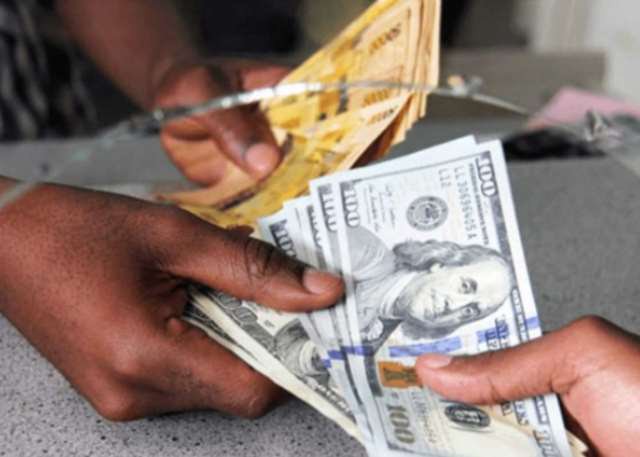Ghana’s national currency, the cedi, has demonstrated a remarkable recovery in the foreign exchange market, achieving unprecedented gains against its primary trading currencies.
As reported in the latest Summary of Economic and Financial Data published by the Bank of Ghana (BoG) in May 2025, the cedi has strengthened by 24.1% against the US dollar, 16.2% against the British pound, and 14.1% against the euro—signifying its most robust performance in several years. This extraordinary rebound follows a prolonged period of significant depreciation and sustained pressure on the currency. It also highlights the effectiveness of strategic policy measures and favourable external factors, positioning the cedi as a key player in Ghana’s ongoing macroeconomic recovery.
As of May 2025, the cedi is trading at roughly GH₵11.85 to the US dollar, GH₵15.84 to the British pound, and GH₵13.34 to the euro. These figures represent an unprecedented high in terms of appreciation, reversing a trend that had seen the currency considerably weakened over the past three years.
The Bank of Ghana credits the currency’s upward trajectory to a blend of sound fiscal management, increased gold reserves, and heightened investor confidence resulting from prudent monetary policy. “The appreciation reflects a combination of factors, including prudent monetary policy, improved market sentiment, and external sector gains,” remarked Dr. Johnson Asiama, Governor of the Bank of Ghana.
What’s Fueling the Cedi’s Performance?
Central to the cedi’s resurgence is a policy framework that combines fiscal restraint with targeted economic interventions. The government has enacted measures to curtail public expenditure and manage inflation, which has been on a steady decline over the past two quarters. These actions have been bolstered by an increase in gold reserves and stronger foreign exchange inflows, particularly from remittances and oil exports.
Moreover, the central bank’s proactive stance in managing inflation expectations and maintaining a tight monetary policy has stabilised the currency and enhanced investor confidence in Ghana’s economic outlook. The cedi’s appreciation is fostering optimism among businesses reliant on imports, particularly in the fuel, food, and automotive sectors. A stronger cedi translates to lower import costs, better pricing for consumers, and potentially higher profit margins for traders.
“With the dollar now at GH₵11.85, we’re already observing some downward adjustments in freight and import charges,” stated Kwabena Asiedu, a local importer of auto parts. “If this trend continues, we anticipate that prices of goods will stabilise, or even decrease, by the next quarter.”
In light of this renewed business confidence, industry stakeholders are advocating for a review of Ghana’s import duty framework. They contend that aligning a strong currency with more competitive import duties could bolster trade, mitigate inflation, and promote private sector growth.
Economists Advocate Cautious Optimism
Despite the optimistic outlook, economists are urging a measured approach. They highlight that while the cedi’s performance is encouraging, it is crucial to uphold fiscal discipline and pursue structural reforms to ensure that these gains are sustainable. “Currency strength is beneficial, but it must be supported by genuine economic improvements, not merely short-term inflows,” cautioned Dr. Lydia Mensah, an economist at the University of Ghana. “We need to closely monitor inflation, debt levels, and our external sector balance.”
Indeed, the nation’s public debt has seen a slight increase, rising to $49.5 billion in March 2025, up from $49.4 billion in February. In cedi terms, Ghana’s debt reached GH₵769.4 billion, representing 55% of GDP. While the domestic component of the debt decreased marginally from GH₵328 billion to GH₵326.9 billion, the external component has risen.
In the short term, both the government and the central bank face the challenge of maintaining the current momentum. This will necessitate the preservation of macroeconomic stability, the enhancement of domestic production, and the diversification of exports to reduce dependence on imports.
The ongoing appreciation of the cedi also paves the way for potential monetary easing, which could lower interest rates to stimulate borrowing and investment by small and medium-sized enterprises (SMEs).
For the time being, the cedi’s record-breaking rise brings a ray of hope to households and businesses alike. However, converting this short-term success into long-term stability will require steadfast policy discipline and coordinated economic planning.











